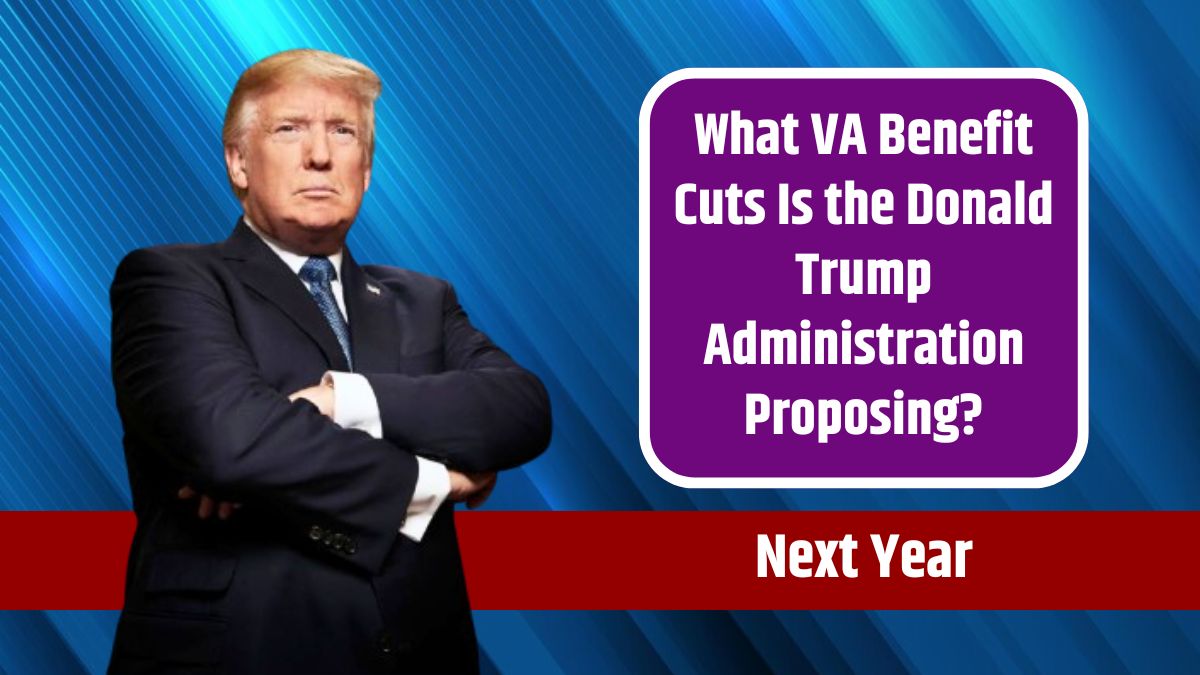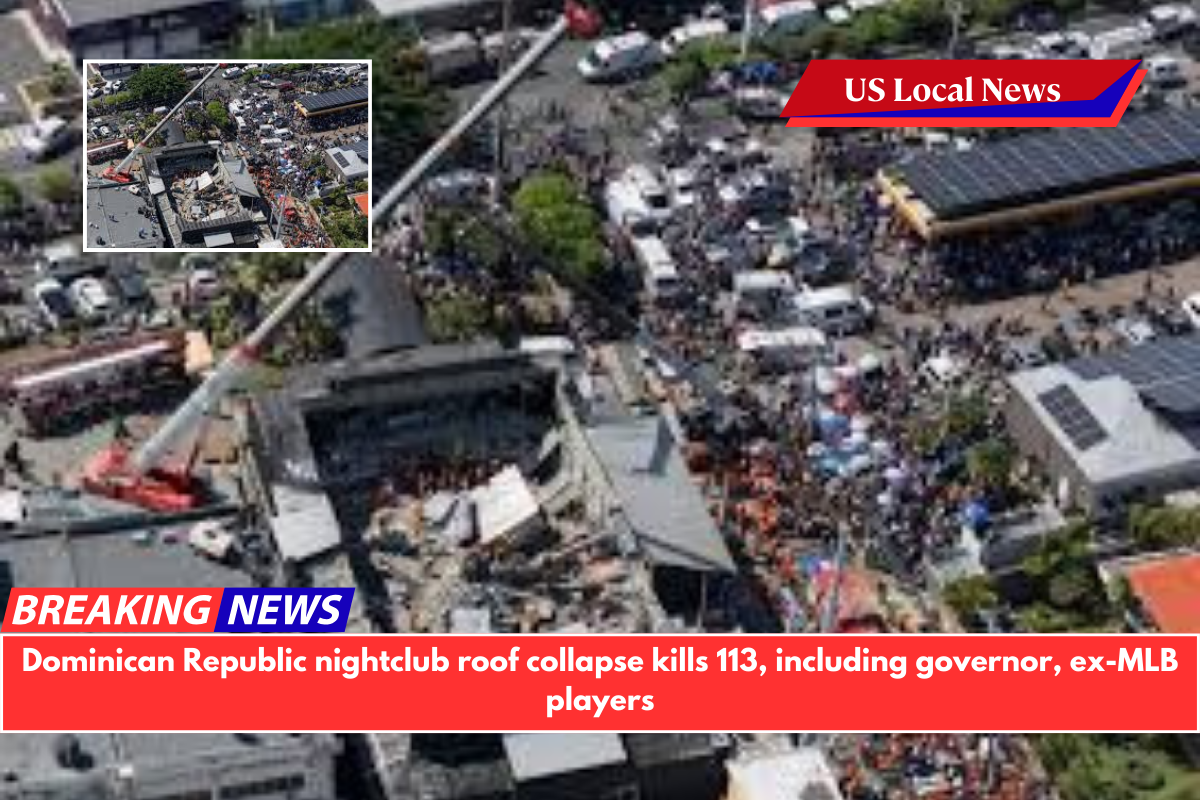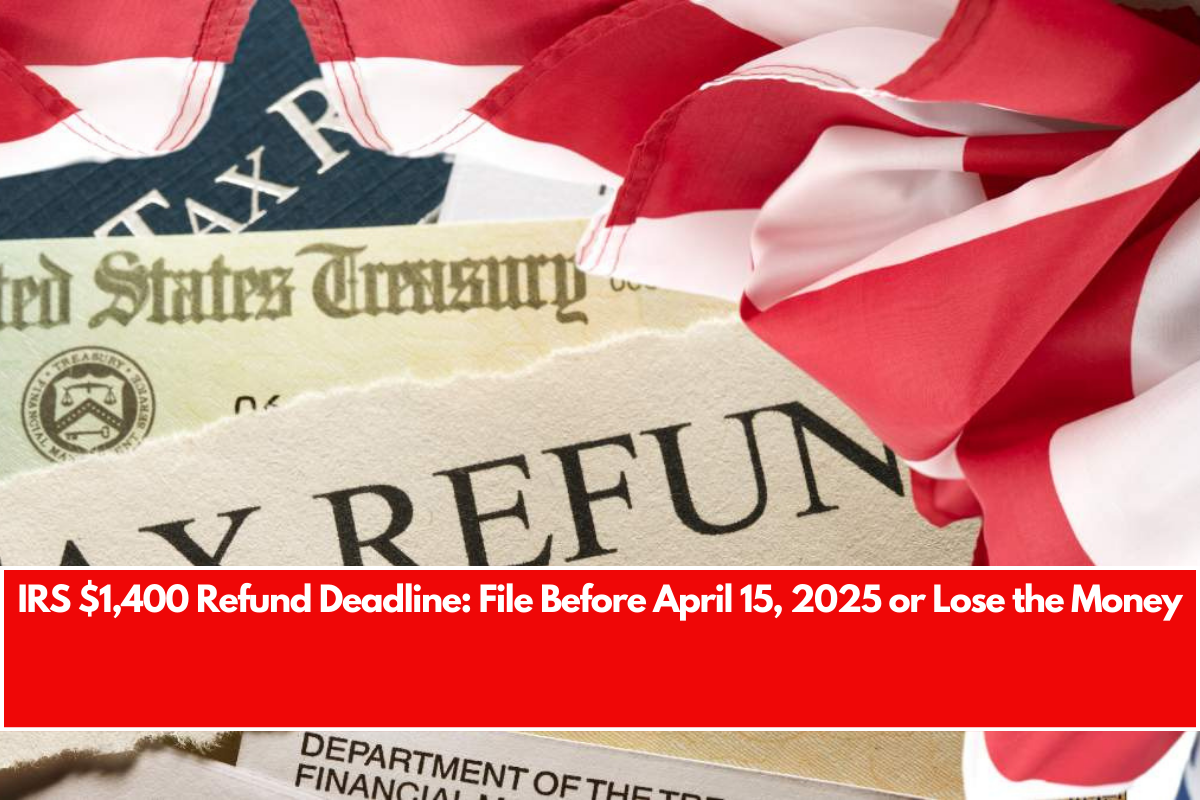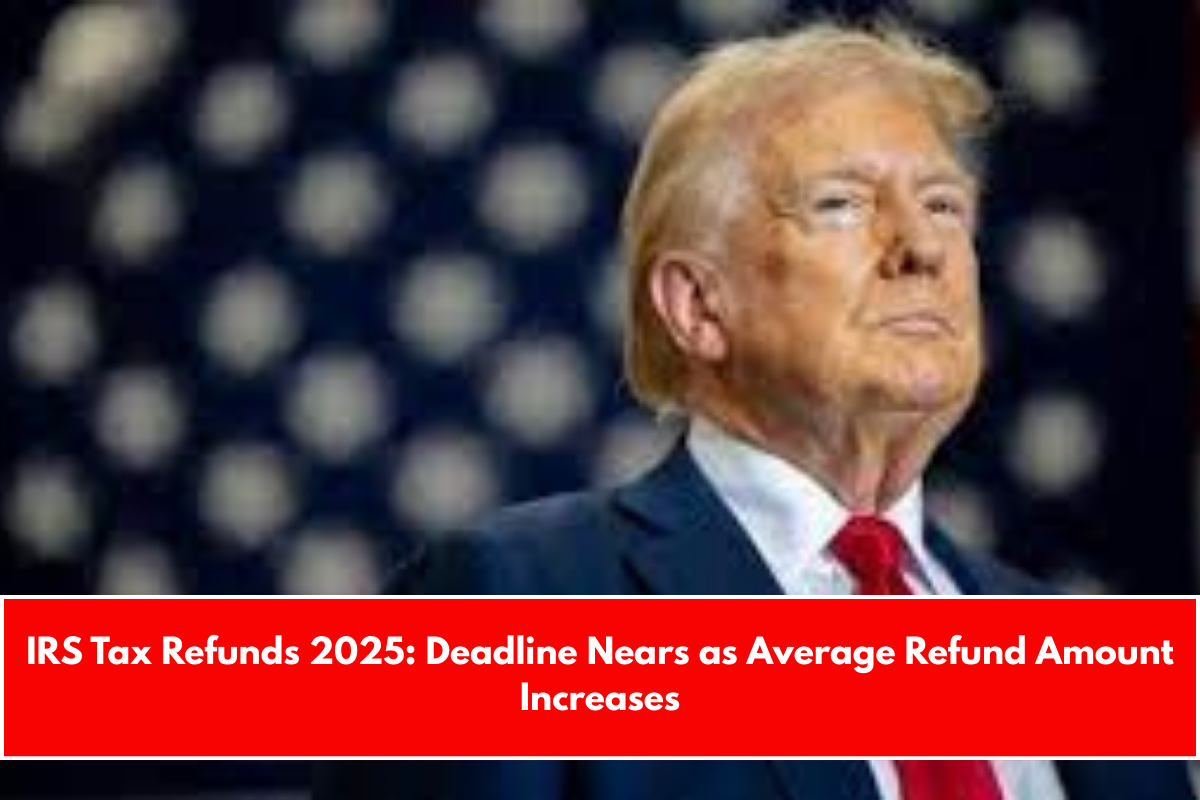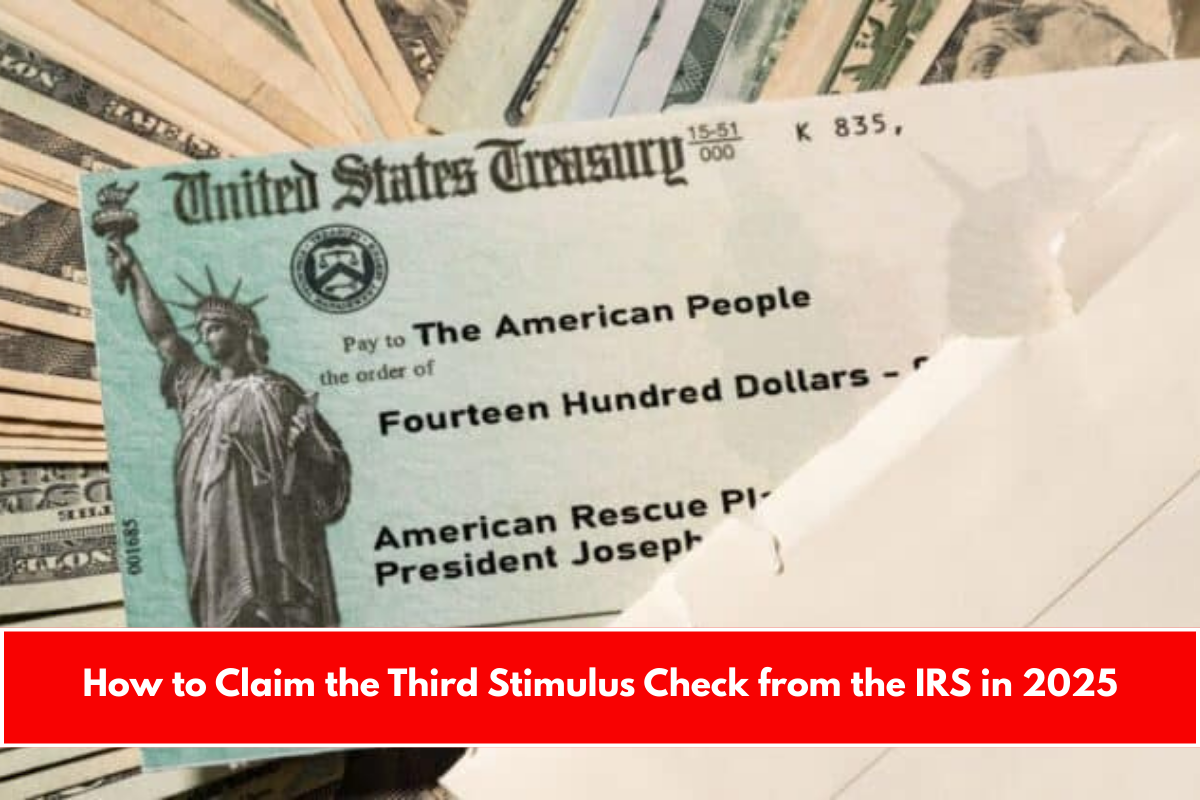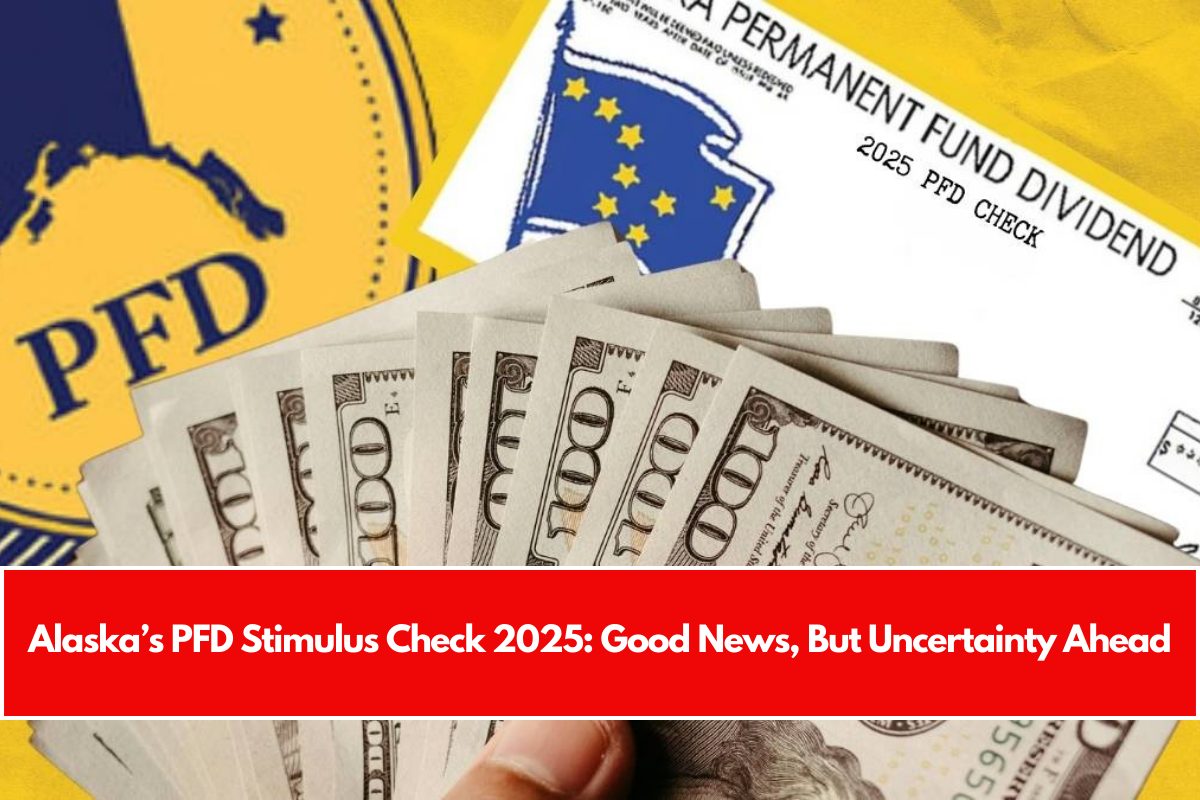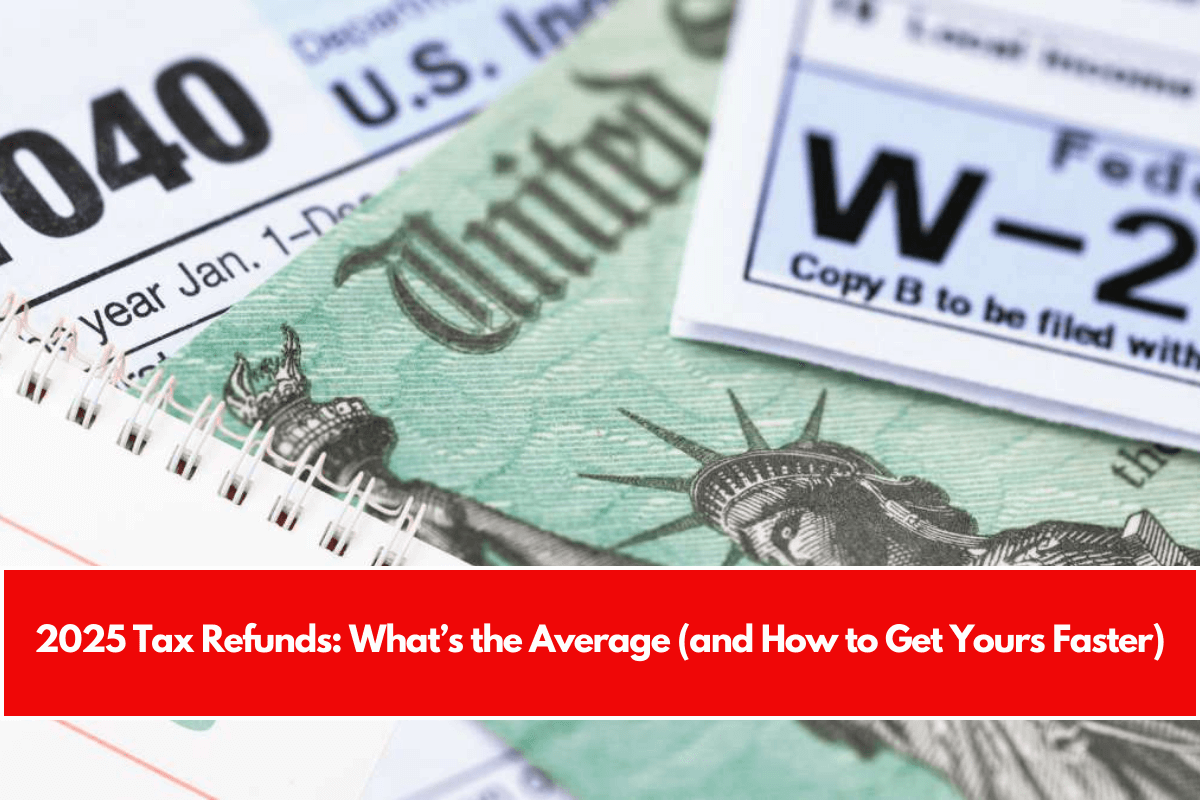The incoming administration of President-elect Donald Trump has proposed sweeping changes to federal spending, including programs supporting veterans’ health care. The establishment of the Department of Government Efficiency (DOGE), led by Tesla CEO Elon Musk and entrepreneur Vivek Ramaswamy, underscores a renewed focus on fiscal responsibility, but veterans’ advocates are raising red flags about potential risks to essential services.
DOGE’s Impact on VA Benefits
DOGE’s primary goal is to reduce federal expenditures by eliminating funding for expired legislation. Among the programs at risk is the Veterans’ Health Care Eligibility Reform Act of 1996, which technically expired in 1998 but continues to fund critical health care services for veterans.
| Program | Services Provided | 2024 Budget |
|---|---|---|
| Veterans’ Health Care Eligibility Reform Act | Outpatient care, surgeries, urgent care | $119 billion |
This program remains a cornerstone of veterans’ health care, funding treatment for conditions ranging from routine illnesses to life-threatening emergencies. DOGE’s intent to cut funding for expired acts could jeopardize this vital support system, leaving millions of veterans without guaranteed access to care.
Veterans’ Health Care
Trump appointees Pete Hegseth (Defense Secretary nominee) and Doug Collins (Veterans Affairs Secretary nominee) are strong proponents of privatizing veterans’ health care. Their approach aims to give veterans the flexibility to seek private-sector treatment instead of relying exclusively on VA facilities.
Potential Benefits of Privatization
- Greater choice for veterans in selecting care providers.
- Reduced reliance on VA facilities, particularly in underserved areas.
Concerns About Privatization
Critics argue that privatization could harm the quality of care and increase costs:
- Profit-driven models in private health care may reduce accessibility for veterans, especially those with chronic conditions.
- Past privatized programs like TriCare have faced provider participation challenges, leaving veterans without sufficient care options.
- Delays and barriers in routine services could undermine comprehensive support for service members.
Experts like Kate Kuzminski caution that privatizing routine services risks diluting specialized care offered by VA facilities, further complicating access for veterans with unique health needs.
Broader Restructuring
The Trump administration’s plans for the Department of Veterans Affairs (VA) extend beyond health care:
- Increased Political Oversight: Aligning with conservative think tanks like The Heritage Foundation’s Project 2025, restructuring may prioritize cost-cutting over service expansion.
- Reduced Disability Aid: Proposed reductions in disability benefits could impact veterans with service-related injuries.
- Restricting Abortion Access: Plans to limit reproductive health services for veterans may face legal and ethical challenges.
The Balancing Act
While fiscal responsibility is a legitimate concern, many fear that these measures could erode the safety net veterans depend on. DOGE’s proposals risk undermining a long-standing national commitment to those who have served. Balancing cost-cutting initiatives with the obligation to support service members will be a defining test for the Trump administration.
As the Trump administration weighs these changes, the stakes are high for millions of veterans relying on VA programs. Advocates emphasize the importance of preserving the quality and accessibility of care while addressing fiscal concerns. The months ahead will determine whether the government can meet its dual commitments to efficiency and the welfare of its veterans.
FAQs
What is DOGE’s mission?
To cut federal spending by eliminating funding for expired legislation.
What is at risk under DOGE’s proposals?
Funding for the Veterans’ Health Care Eligibility Reform Act of 1996.
What are the concerns about privatizing VA care?
Critics warn of reduced quality, higher costs, and accessibility issues.
How could VA programs change under Trump?
Plans include disability aid cuts and increased political oversight.
What is Project 2025’s role in VA restructuring?
It guides conservative proposals for cost-cutting and policy changes.

